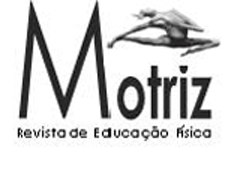It is unquestionable that animal research contributes to improve human quality of life; we live longer and healthier than ever before. Especially in the field of exercise physiology, animal research demonstrated significant advances to the knowledge of several mechanisms in health and disease. Studies with animals are conducted with respect, compassion and care. Of course there are differences between animals and humans, and there arelimitations in animal models, however, there are significant similarities and an invaluable contribution to exercise physiology.
Every year the Nobel Prize recognizes important scientists in Physiology and Medicine (www.nobelprize.org) and some of them developed their studies with animal models. In the exercise physiology field, Schack August S. Krogh (Nobel Prize in 1920) demonstrated the diffusion capacity of animal tissues, and these considerations were the reason for these famous studies of the capillaries during rest and muscular work. Archibald Vivian Hill (Nobel Prize in 1922) showed the production of heat during muscle activity and began to apply the results obtained on isolated muscle to muscular exercise in humans, and Otto Meyerhof (Nobel Prize in 1922) demonstrated the relationship between the consumption of oxygen and the metabolism of lactic acid in muscle contraction. It was just the beginning: nowadays, Journals with significative impact have in their current publications studies involving animal models as a part of exercise physiology knowledge.
Inspired by this, Motriz is launching a Special Issue: Animal Studies: Contributions to Exercise Physiology, highlighting works from a selected number of scientists who are experts in this field. These researcher groups have contributed to scienceespecially in Brazil and also worldwide, generating new knowledge and influencing many students.This special issue contains 7 mini-reviews and 6 original papers, which expand a broad area in the field of exercise physiology. I hope that this special issue ofMotriz might open new opportunities for all researchersinterested in animal studies.
Publication Dates
-
Publication in this collection
2017

